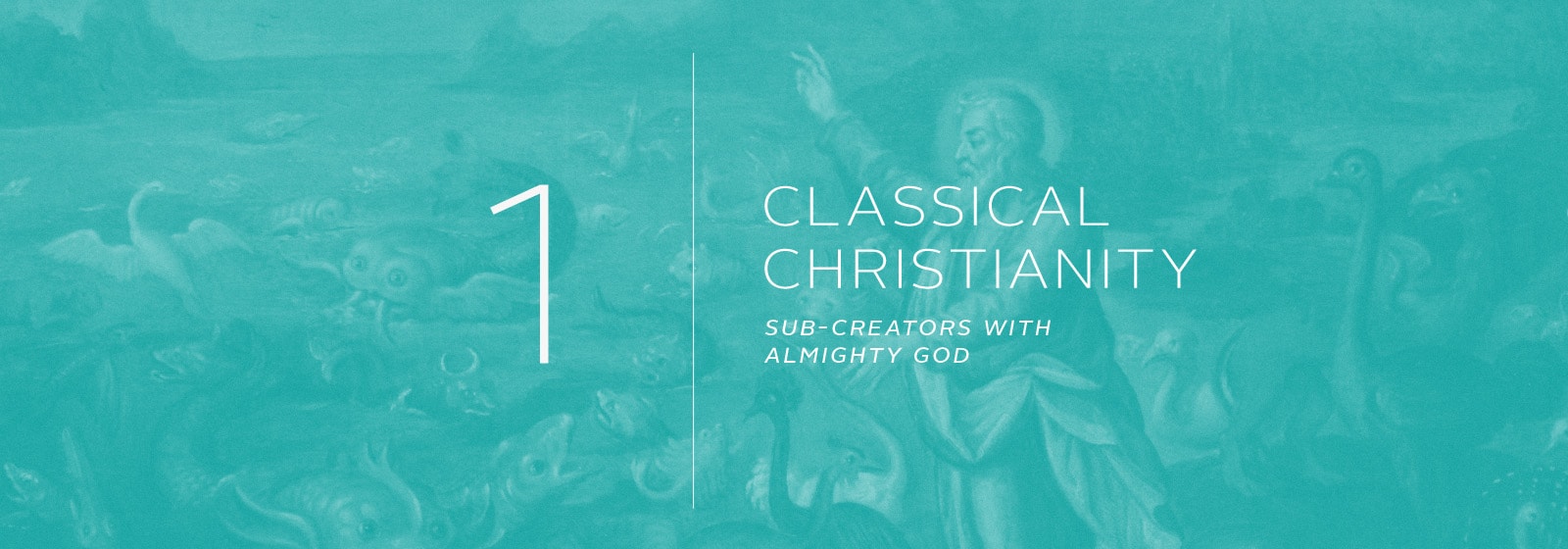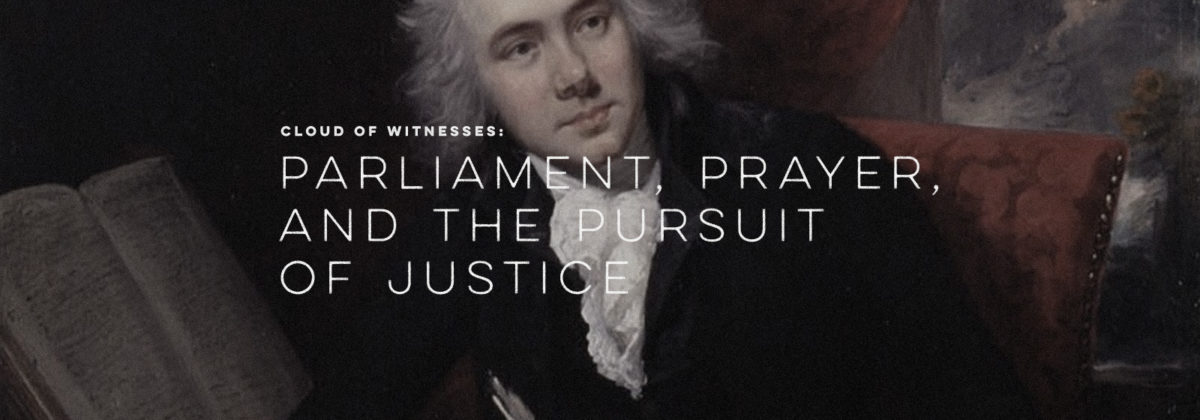Douglas Todd, the Religion Reporter for the Vancouver Sun, recently wrote an article entitled, Liberal Christianity – 10 things to know about this ‘middle way’. In the article he claims that Liberal Christianity is the faith practiced by most mainline Protestant and even many Roman Catholic Christians in North America. He follows the historian Gary Dorrien in seeing Liberal Christianity as “a progressive, credible integrative way between orthodox over-belief and secular unbelief.” While he acknowledges that this progressive form of Christianity has been experiencing an identity crisis, he also believes that it is undergoing something of a resurgence in the 21st century. As such, he outlines 10 points of Liberal Christian belief on topics ranging as widely as Jesus, sex, social justice and death.
But is Liberal Christianity really the middle way? Perhaps it is, if aggressive fundamentalism and militant atheism are the shoulders you’re trying to steer clear of. But Classical Christianity – the ancient faith practiced by the majority of Christians for the last 2000 years – is in itself a middle way. It’s a middle way between aggressive, anti-intellectual fundamentalism and flaccid, lukewarm belief. It’s this ‘ancient way’ that we want to explore over the next 10 days, as we respond to each of Todd’s 10 points about Liberal Christianity. Although there are some things that Classical Christianity can affirm in each of Todd’s 10 points, there is also much that must be added to, or rejected completely.
Today, we will begin with the first point of Liberal Christianity: ‘Co-creating’ with God. Douglas Todd writes:
While some Christians think of God as a supernatural “Almighty” being who can do whatever “He” wants, liberal Christians believe God has feminine and masculine qualities; operates as much like a force field as a person and needs creatures to help achieve divine aims. Since the 1960s, it’s been common for liberal Christians to talk about being “co-creators” with God.
There are three things that must be addressed in this first point. The first is God’s person. While Liberal Christianity is said to take issue with viewing God as a supernatural, Almighty being, Classical Christianity fully supports this statement. He is the author of the universe who exists outside of time and space. He is the one who formed the stars and the galaxies, the earth and all that fills it. He is able to do anything and everything that He wants to do. And furthermore, there are things that He wants and desires for His creation because He is not aloof or distant or uninterested in the goings on of His creatures. The Bible never describes God as some abstract force within the universe. God is a person. In fact, He is three persons: Father, Son and Holy Spirit. Therefore He is always personal, always intentional, and always working for the good of those who love him.
The second issue that must be addressed is God’s gender identification. You will notice that I have used “He” throughout the previous paragraph without putting it in parentheses. This was intentional. Classical Christianity affirms the Fatherhood of God, following Christ, who himself referred to God as his and our Father. Not once does anyone in Scripture refer to God using a female pronoun. Yes, the Greek work for Spirit, pneuma is grammatically feminine, but that does not constitute evidence in favour of regarding the third person of the Trinity as female any more than Jesus referring to God as Father means that God is a man. Because we are created in God’s image, ‘male’ and ‘female’ attributes reflect the completeness of God’s character. But to say that God is masculine or feminine is to flip the meaning of the image of God on its head. This is why Jesus has no problem describing God using both traditionally masculine and feminine characteristics — such a Father who provides for his children, or a hen who gathers her chicks.
God does not need me to serve Him. If He did, He wouldn’t be worth serving. But He does choose to act through his people.
Finally, we must address the autonomy of God. While Liberal Christianity holds that God needs creatures to help achieve divine aims, Classical Christianity rejects this wholeheartedly. God does not need His creatures, either to complete something that is lacking in His person or to accomplish His divine aims. God does not need me to serve Him. If He did, He wouldn’t be worth serving. But He does choose to act through his people. He allows his people to come alongside the work that he is already doing in the world — to partner with him. However, that does not mean that we are “co-creators” with God. God is always the initiator and sustainer of creative work. Certainly he has made us to be remarkably creative people — just look at the art, architecture and literature that have been produced over the course of human history. But we are not creators on the same plane with God. We are sub-creators: uniquely crafted in the image of God to be creative beings, but not creators in the ultimate sense.
In our next post, Alastair will respond to the second point of Liberal Christianity: The Bible as history and metaphor.




